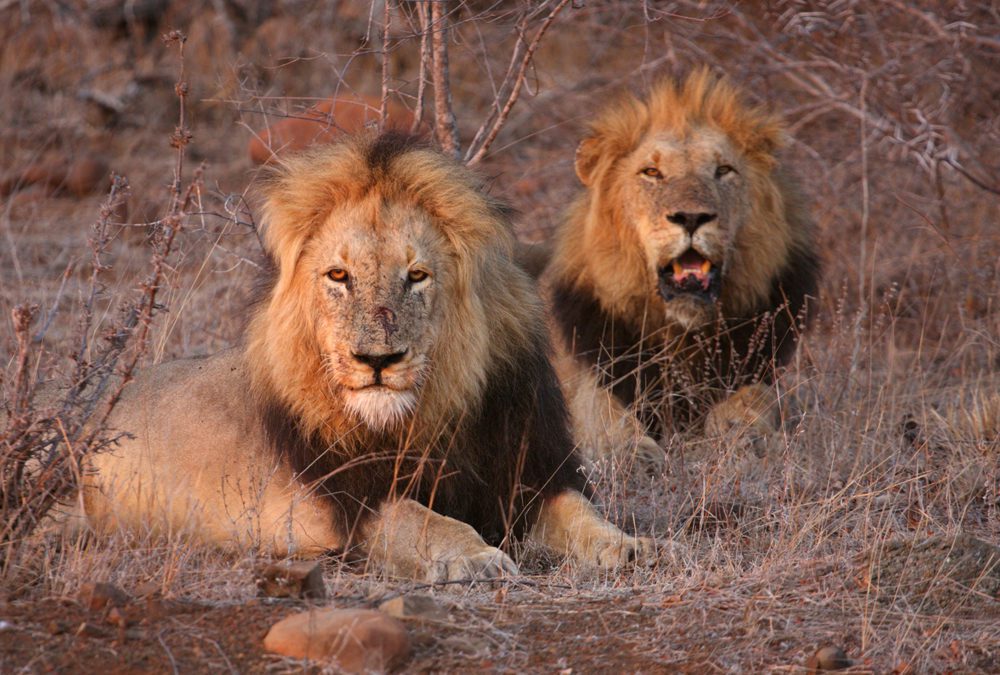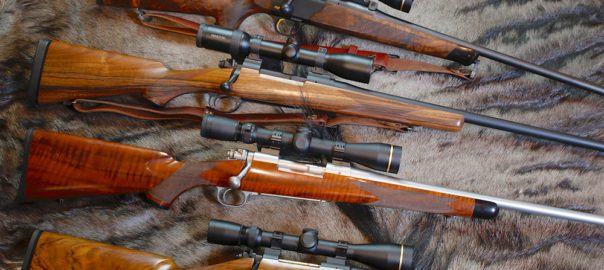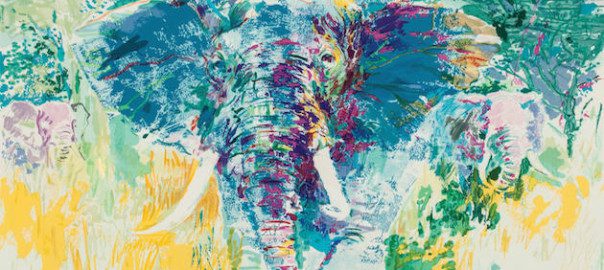The Professional Hunters’ Association of South Africa (PHASA) is making waves for its recent reversal on captive-bred or “canned” lion hunting. The organization, founded in 1978, has historically opposed the practice, but on November 24, 2017, it adopted a new constitution that largely condones the practice. The move had led to numerous denunciations by some of its founding members, international conservation organizations, and sponsors.
The new constitution was ratified during PHASA’s 40th Annual General Meeting. According to PHASA, the new constitution was approved by 79 percent of its voting members and would allow the organization’s Executive Committee to “guide and govern the Association on behalf of the members, but remains accountable for their actions, in accordance with terms and good corporate governance.” The controversial captive-bred lion hunting portion of the constitution was decided by a separate vote.
“A concern was that the new constitution would be perceived to condone the hunting of captive-bred lions, which is currently a legal activity [within] the Republic. Accordingly, a resolution was passed by 65 [percent] of voting members at the AGM, in which PHASA accepts the responsible hunting of ranched lions on South African Predator Association accredited hunting ranches within the relevant legal framework and/or according to recommendations of the applicable hunting association.”
The PHASA announcement went on to say that the organization still “vehemently rejects any and all forms of canned or illegal hunting,” but the addendum hasn’t kept it from experiencing severe backlash for the decision.
The Operators and Professional Hunting Associations of Africa (OPHAA) reportedly said, “The practice of captive-bred lion hunting inevitably brings the entire African hunting industry, in every African nation where hunting is permitted, into ill repute. PHASA’s actions completely disregard one of the fundamental concepts of hunting, namely fair-chase . . .”
Both the Wild Sheep Foundation and the Boone and Crockett Club have also come out against the change in policy, reiterating their stances on fair chase wherever and for whatever species you may be hunting.
“It’s time to draw a hard line,” Boone and Crockett Club President Ben Hollingsworth Jr. said in a press release. “Breeding lions or any wild animal to be shot in a bogus situation is not hunting, not good for the future of hunting, should not be passed off as hunting, and people should not confuse it with hunting.”
“While we fully acknowledge that this reversal in PHASA’s previous position opposing the hunting of captive-bred lions and distancing itself from the CBL industry was conducted democratically, the new position condoning the practice and alignment of PHASA with the CBL industry is inconsistent with WSF’s position on this issue and our Foundation’s values,” WSF President and CEO Gray Thornton said.
Dallas Safari Club has not weighed in on PHASA’s decision yet, but DSC posted the following message on its Facebook page November 25:
“Following the recent constitution and resolution changes approved at PHASA’s annual meeting this week, DSC is now considering its response. The DSC Board will be reviewing the information and acting appropriately in the coming days.”
The U.S. Fish and Wildlife Service has taken steps in recent months to allow lion trophies to be imported into the U.S. from Zambia and Zimbabwe, but trophies from South Africa remained banned due to the country’s allowance of captive-bred lion hunting.
“In order to permit the import of lion trophies under the ESA, exporting nations like South Africa must provide clear evidence showing a demonstrable conservation benefit to the long-term survival of the species in the wild,” former USFWS Director Dan Ashe said at the time of the decision. “In the case of lions taken from captive populations in South Africa, that burden of proof has not been met.
“Many Americans, whether they hunt or not, believe that hunting captive-bred lions is unethical. Regardless, our decision to prohibit such imports is based solely—as the law requires—on our evaluation of the conservation benefits of captive lion hunts. If and when such benefits can be clearly shown, we may reevaluate our position.”
Photo: bucky_za/iStock




